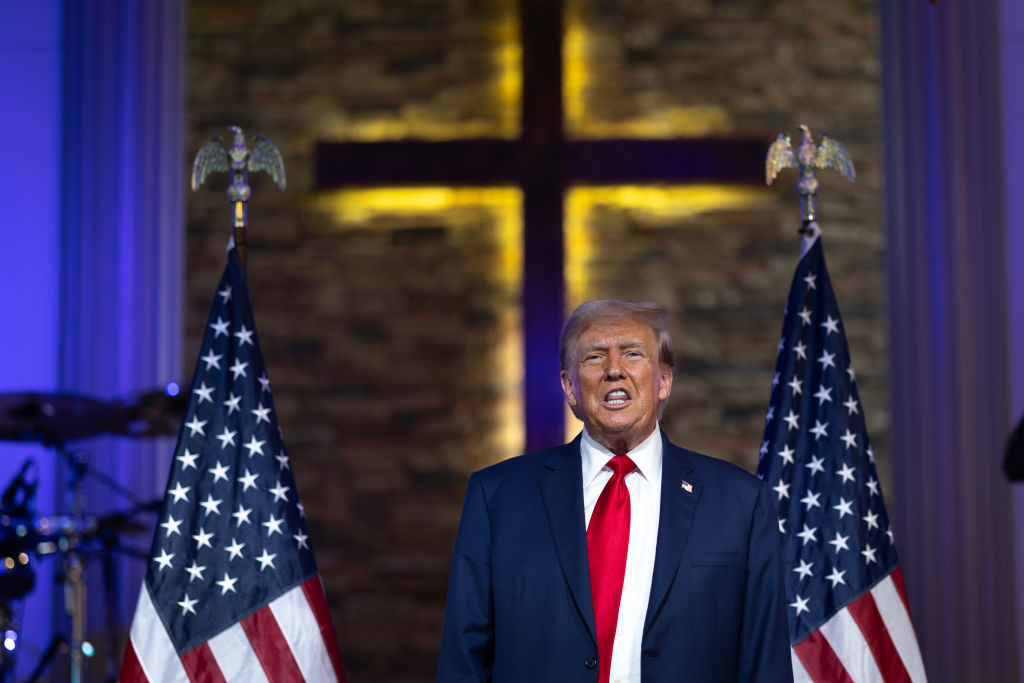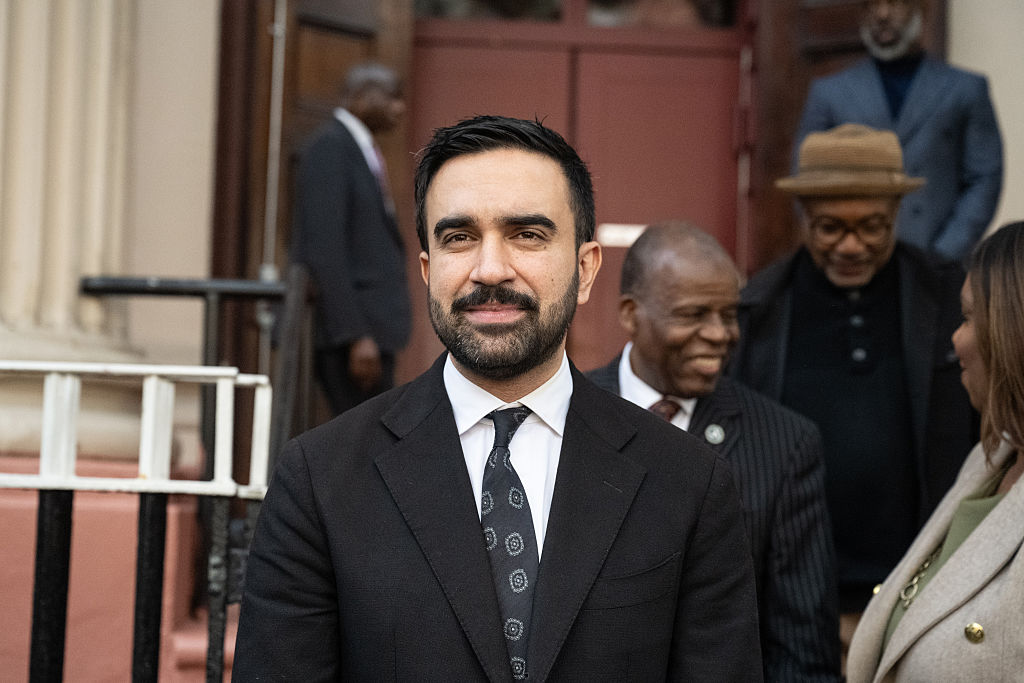In Texas, empty church classrooms might just become new schools.
On September 1, the state enacted the most expansive school voucher program in America. It will allow eligible families to receive up to $10,900 annually per student to be spent on private school tuition, or up to $2,000 to be spent on homeschooling. Students with disabilities could receive up to $30,000.
The number of states with school voucher schemes is unclear, but governors across the country must decide whether to join President Trump’s new federal private-school choice program – the first national scheme, approved by Congress in July.
In a recent study, economists Douglas N. Harris and Gabriel Olivier of Tulane University found that in the 17 states with school voucher programs, the funds had increased enrollment in private religious, and primarily Christian, schools with small student bodies – often 30 students or fewer. Overall, private school enrollment in voucher states has increased by 3-4 percent as compared to non-voucher states since 2021.
If the trend continues and more states bring in voucher programs, enrollment in private Christian schools is set to rise dramatically.
Emerging evidence shows that voucher programs are, in fact, associated with new private Christian schools opening or expanding. New Hampshire launched a school voucher program four years ago. Today, 11 of the 28 Christian schools in the state are either newly opened, or have grown by 50 percent or more. The same pattern is visible in Ohio. After the state’s EdChoice was launched, schools like Dayton Christian, whose enrollment increased by 106 students to 946, saw rapid growth.
In Florida, voucher programs are fueling demand at religious schools, with schools like Mount Dora Christian Academy adding more classes and holding waitlists for almost every grade. Superintendent of the Miami Archdiocese Jim Rigg has said that the Archdiocese is actively discussing the opening or reopening of new schools, and is “moving into growth mode.”
And while critics claim that vouchers will be used by wealthier parents and schools, private Christian schools in Texas have stated their intention to expand into rural, underserved and low-income communities with voucher funding. Texas, executive director of the Texas Private Schools Association, Laura Colangelo, stated that private schools are “ready and willing” to expand into such areas. Similarly, Don Davis, head of school at Second Baptist School in Houston, said that vouchers would allow his school to grow in low-income communities that currently do not have private schooling.
“Our desire would be to provide educational equity to the families in Houston to reach those families that currently don’t have access to Christian Education,” he said.
While critics fear that any expansion could hollow out public schools, it’s important to note that only a small fraction of students in any given state are currently able to use vouchers due to enrollment caps and eligibility restrictions. Even in the largest and most expansive programs, the share of students using vouchers hovers between 4-10 percent. We are nowhere near mass exodus levels.
And building a new school takes years. Accreditation – a requirement for allocation of voucher funds – often takes several years. Even if voucher programs continue to grow, it will take time for private schools to meet demand.
But the savings could be huge. The average smaller Christian school being funded by vouchers charges a tuition of around $5,000 per year – a much lower figure than the $15,000 that states pay per student per year in public schools. Each student who uses a voucher is actually saving taxpayer money and allowing more resources to be given to those students remaining in public schools.
For parents turning to private Christian schools, education is about more than simple test scores. They often feel that public schools are failing their students – not just academically, but morally and spiritually. This is what many parents are seeking through school vouchers. They are not looking for ways to “get their child ahead” of the others, but are instead looking for an education that draws out everything they believe their children were created to be.
Voucher programs, then, are not simply redistributing tax dollars; they are paving the way to the restoration of education as a whole. Through the creation and expansion of private Christian schools throughout the country, voucher advocates hope and expect that more students will have access to institutions that cultivate both academic excellence and moral formation. Such reforms are not just about choice, but about reviving the cultural and civic mission of education itself.
The Christian school revival
School voucher scheme has seen enrollment in private Christian schools rise dramatically

Donald Trump (Getty)
In Texas, empty church classrooms might just become new schools. On September 1, the state enacted the most expansive school voucher program in America. It will allow eligible families to receive up to $10,900 annually per student to be spent on private school tuition, or up to $2,000 to be spent on homeschooling. Students with disabilities could receive up to $30,000. The number of states with school voucher schemes is unclear, but governors across the country must decide whether to join President Trump’s new federal private-school choice program – the first national scheme,…

























Leave a Reply